(As the world gears up to celebrate International Day of Persons with Disabilities on December 3rd, Kartavya will be publishing a five-part series that focuses on the lives of disabled people in Pune with respect to several aspects of their lives, laced with their own experiences - pre and post the ongoing pandemic.
Although we are continuously progressing as a society, the stigma around some issues remains adamant – disability is one of them. Only every 10th abled person in India will probably tell you that they personally know a physically challenged person, making its normalization an unreal expectation. This part of the report focuses on the adamant stigma around disability, how subtle or strong it is, and its impact on persons with disabilities through their experiences.)
Stigma and Sympathy are birds of the same flock
It was a hot April afternoon when Jagruti was heading to Bhandarkar road through her usual route with the help of her walking braces. It would take her 20 minutes to reach her classes, unlike her perfectly abled friends who will reach in 5 minutes. So she had been setting out early and alone. She had decided to normalize her disability to the point that nobody else would dare look at her as a person different from the ordinary.
‘Disability is a state of mind’ was the thought racing in her mind when a passerby on a bike stopped and offered her a ride. She politely declined, while almost amused at his kindness at such busy hours. Just when she was retracing her broken train of thought, another woman stopped by to ask her if she needed a ride. Again, she declined politely; only this time her thought took a different route. She was trying to normalize her disability by setting out unaccompanied. But seeing people sympathize with her efforts, instead of appreciating them, was making her motivation wear off.
It might seem that the people who offered her help were being sensible. But what they were really being was, in fact, insensible and ignorant. However, saying it was their fault will be an unfair allegation.
If a little thought is put into this incident, it will leave most of us in a dilemma. Helping others is far from being morally wrong. And yet, it is a problem in this case. What we, as a part of Indian society, are unable to see is where and how deeply this problem is rooted. We function on an almost unchallengeable norm that equalizes disability and dependence. It blinds us to the possibility of physically challenged people being able to competently function on their own. Jagruti calls it ‘unwanted sympathy’. And when she adds the adjective ‘unwanted’, she speaks for her entire community.
Moral compass – Disabled
While there are several Provisions, Laws and Acts issued, and NGOs actively working for the disabled, the physically challenged go through hideous social treatment every day. A visually impaired young woman has been improperly touched in city buses and other public places multiple times. One incident of her being groped, and later laughed at in a public place, still runs a shiver down her spine. When incidents like these are the worst nightmares for completely abled and sighted women, it can only be imagined how horrible it must be for a blind woman who can’t even see the offender to lodge a complaint against him. Here, we fail miserably as a society that claims to equally facilitate law for every human being.
The blame game, if started, can stretch really far. The citizens are as ignorant about the problems of the PWDs as the authorities. Yogesh, who was born with visual impairment, is a student of Political Science from Fergusson College. He recalls an incident every time he has to travel by an auto-rickshaw. “One of my blind friends was looted by an autowaala just recently. Seeing him in a rush, the autowaala deliberately confused him and took a 2000 rupee note from him instead of a 50 rupee note. He realized the deceit much later when action against him, if taken, would’ve been in vain”, told Yogesh.
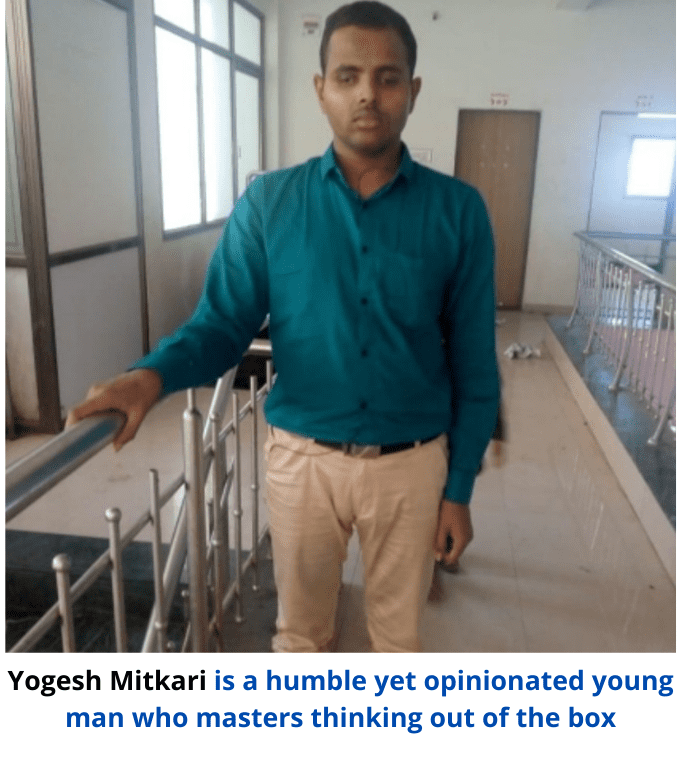 “The authorities should have stricter rules against such frauds and better measures to spread awareness about currency recognition for us. There are certain symbols on the notes that help us recognize the denomination. But we are not specifically trained for them. We either learn on our own or get help. Some of us might not even be aware of it,” he added. Along with the ground level execution of facilities provided by the authorities, the lack of conscience among abled people also gets conspicuous with such incidents.
“The authorities should have stricter rules against such frauds and better measures to spread awareness about currency recognition for us. There are certain symbols on the notes that help us recognize the denomination. But we are not specifically trained for them. We either learn on our own or get help. Some of us might not even be aware of it,” he added. Along with the ground level execution of facilities provided by the authorities, the lack of conscience among abled people also gets conspicuous with such incidents.
While this happened during the better non-COVID times, the situations have only worsened now. Traveling without accompaniment has become a huge problem, and strangers are reluctant to offer help to the disabled owing to social distancing. The World Health Organisation had issued a document highlighting how and why disabled people are more prone to contracting the Coronavirus – the prime reason being their dependency on other people in public spaces.
The Ministry of Social Justice and Empowerment (MSJE) has stated in their guidelines released on March 27, 2020, that caregivers for the disabled should be provided passes on a priority basis. But it was never duly executed. Disability caregivers were hardly considered as ‘essential services’ during the lockdown. Lumbini, a student and social worker at the TISS, received several calls from her disabled acquaintances complaining about how the lockdown is taking a severe toll on their mental health. The already existing stigma has definitely intensified in these uncertain times.
We are ‘disabled’ and we don’t mind!
Language is also supposedly a part of stigma attached to various minorities, including racial, religious, sexual, and ability minorities all over the world. A completely abled person in India will naturally take offense in being called ‘andha’ or ‘badhir’. In English also, several activists oppose the use of the term ‘disabled’. But is it really one of the many disability concerns?
“While there are many serious issues that need attention, I have seen many disability activists emphasizing on the “language” part of it. Many propagate the idea that they should be called ‘differently-abled’ or ‘physically/mentally challenged’ instead. I’ll tell you this – what they are called is the least of their concerns. In fact, a young blind man once said to me that seeing something wrong in being called disabled shows you have a problem with the term. It’s time we should rise above this pseudo-broad-mindedness and focus on the real issues,” said Mr. Karmarkar, an active member of Poona Blind School.
So, it turns out, language is indeed a part of the stigma, but only because you look at it that way and not because it naturally implies offense. If a sighted person doesn’t take offense in being called sighted, there’s no reason for a blind person to take offense in being called blind. It’s that simple!
Love wins (?)
Rohan is a handsome young man who now suffers from partial muscular dystrophy because of an accident he had two years ago. “I belong to the privileged upper class of Indian society. I was treated by the best doctor abroad and I have mostly recovered. But I limp while walking. The saddest part of the accident is that I lost my relationship of 6 years.”
It is not a surprise that the social stigma attached to disability is much stronger than human romantic feelings. Even a disability activist will hardly think of dating a severely disabled person. “I don’t blame her now. I felt heartbroken initially, even got into depression, thought of committing suicide. But with time, I realized it’s not her fault. Even if she had stayed, I wouldn’t have married her,” said Rohan.
While he is still good friends with his ex-girlfriend, Rohan doesn’t plan to get married. He has a good salaried job and everything an eligible bachelor should have. Only his limp takes away his confidence every time he thinks of having a partner. His disability falls into the mild category, and yet, it overpowers all his other qualities. I think that is the most hideous part of a stigma – it blinds you to hundred exceptionally good things over that one flawed thing.
Disability is indeed a state of mind. A disabled person will love you as much as any abled person can. But as they say, love is not always enough. And it’s definitely not enough when the problem has such adamant stigma attached to it.
Every coin has two sides
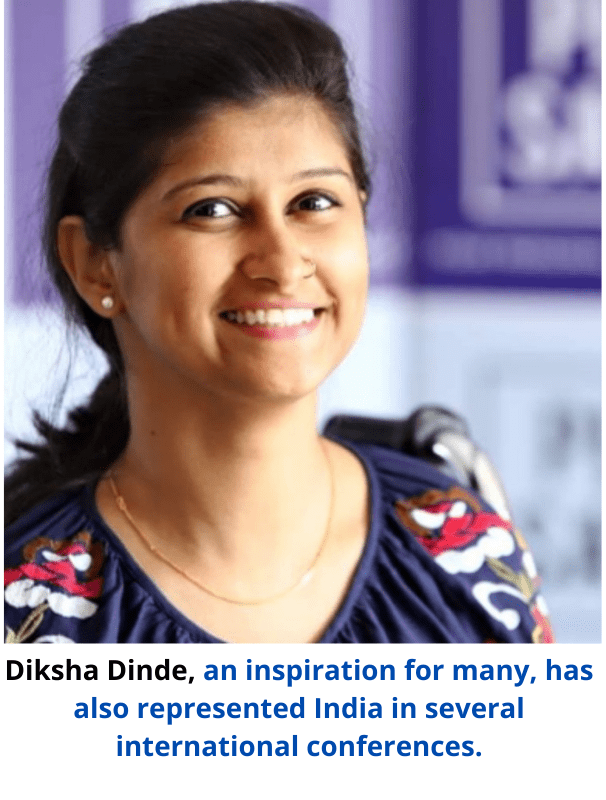 “Being disabled yet extra-ordinary is necessarily a two-way street. You cannot expect good things happening to you conveniently without you putting in any efforts just because you are physically challenged. I am a paraplegic doing social service, striving to make lives better. But that’s because I wanted to do that genuinely, and not just because I was facilitated to do it,” says Diksha, a notable paraplegic social worker for the disabled, who also suffers from muscular dystrophy in her lower limbs. It’s not just abled people who see disability as a weakness. Even some of the PWDs themselves have a pessimistic and stigmatized mentality towards disability, and naturally, that has repercussions on the whole disability situation.
“Being disabled yet extra-ordinary is necessarily a two-way street. You cannot expect good things happening to you conveniently without you putting in any efforts just because you are physically challenged. I am a paraplegic doing social service, striving to make lives better. But that’s because I wanted to do that genuinely, and not just because I was facilitated to do it,” says Diksha, a notable paraplegic social worker for the disabled, who also suffers from muscular dystrophy in her lower limbs. It’s not just abled people who see disability as a weakness. Even some of the PWDs themselves have a pessimistic and stigmatized mentality towards disability, and naturally, that has repercussions on the whole disability situation.
Long before I started working on this report, a friend from Symbiosis once was talking casually about her project team members with me. “One of them is blind,” she said. “I tried recommending him to listen to podcasts and videos related to the topic so that he can contribute. But I think he’s avoiding us deliberately because he hasn’t done the work.” A few days later, she told me something I didn’t see coming - the blind student had stopped coming to college after a teacher scolded him in front of the whole class for keeping a lot of work due for too long. “You cannot always say that you can’t do it, even when you are being provided with all the technical and human assistance you need. It is not acceptable,” the teacher had said.
I don’t know what problems he faced, but the 50% possibility of this student simply being undeserving was as plump as him being unfacilitated. I do not know the absolute truth. But it sure made me think about Diksha’s words – disability is used as a trump card by many, which somehow stains the whole community. Like every coin has two sides, the disability scenario too has a good and a bad side to it. It goes on as a solid proof of how disabled people are as human as any of us, how they can also make mistakes, take undue advantages, and be insensible.
The stigma that surrounds disability seems to have a range of shades from subtle to hauntingly dangerous ones. Not just the abled citizens, but the disabled ones are also equally captivated by this stigma. Eliminating it is a bumpy way. But acknowledging that there is a stigma, even if subtle, is what needs to be done urgently by us as responsible citizens.
- Aishwarya Dakhore
aishwaryadakhore@gmail.com
(This article was written and improvised by the author as a part of an in-depth report submitted to the Department of Communication and Journalism, Savitribai Phule Pune University. The author holds an interest in writing about issues related to human rights, gender issues, and politics.)
Other articles in this five-part series:
Part 1: Education- the Rusty key to Enablement
Part 3: Inaccessible Pune of ‘Accessible India’
Tags: civic human rights disabilities person with disability aishwarya dakhore Load More Tags

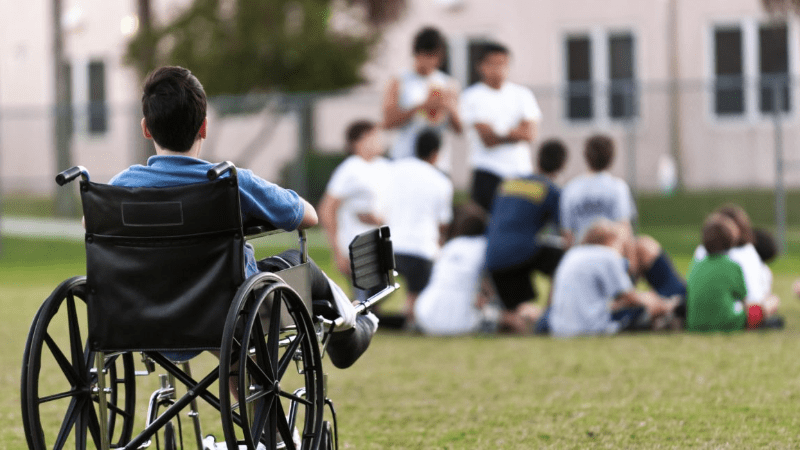
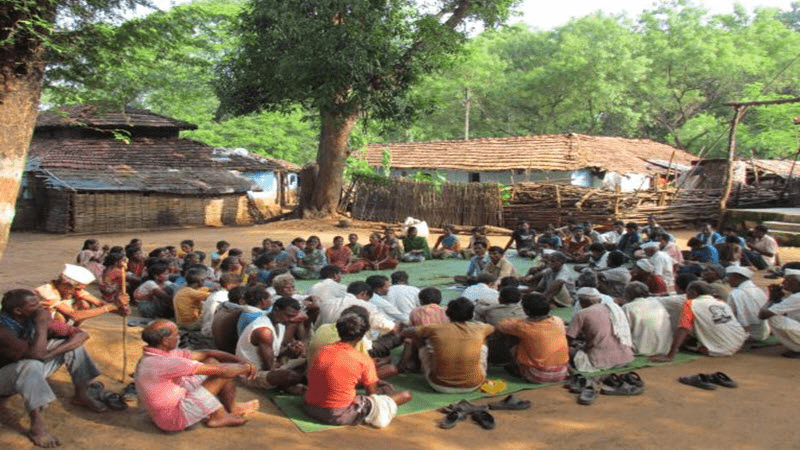
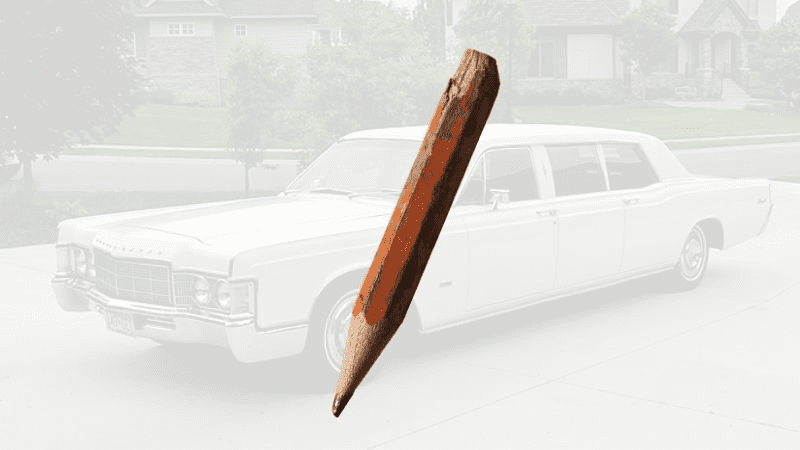
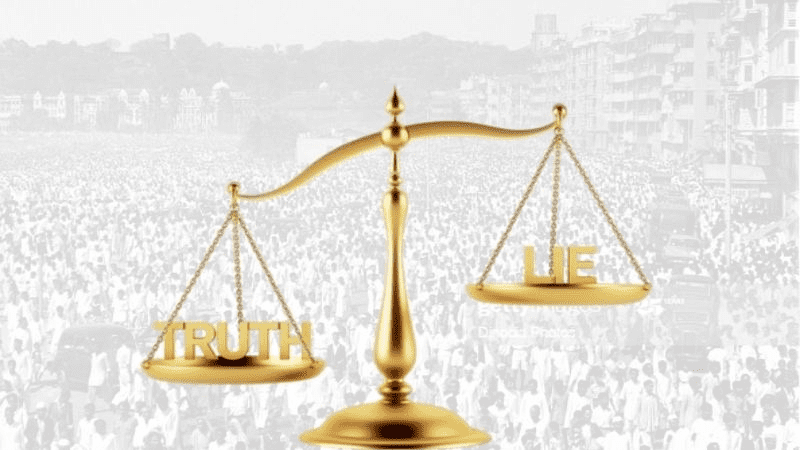
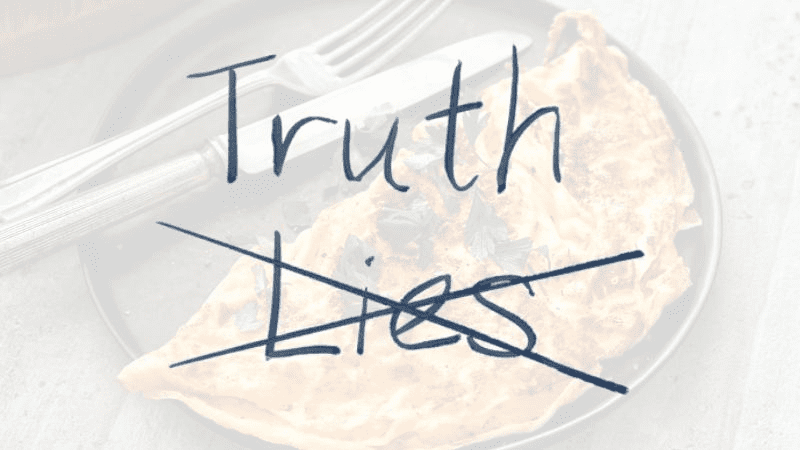
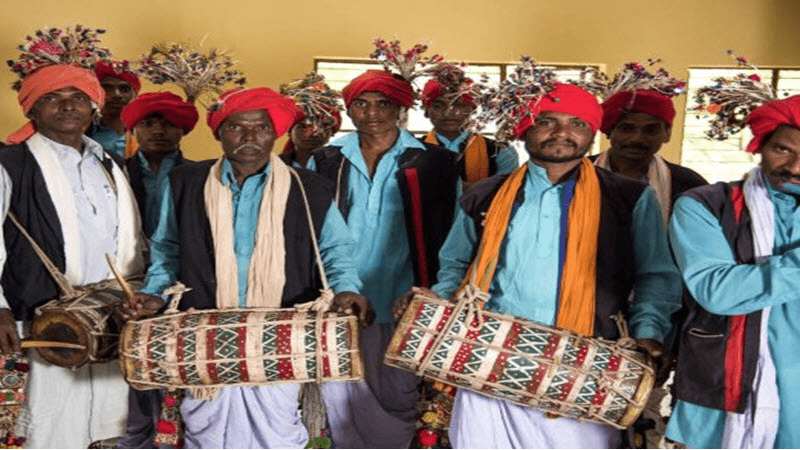
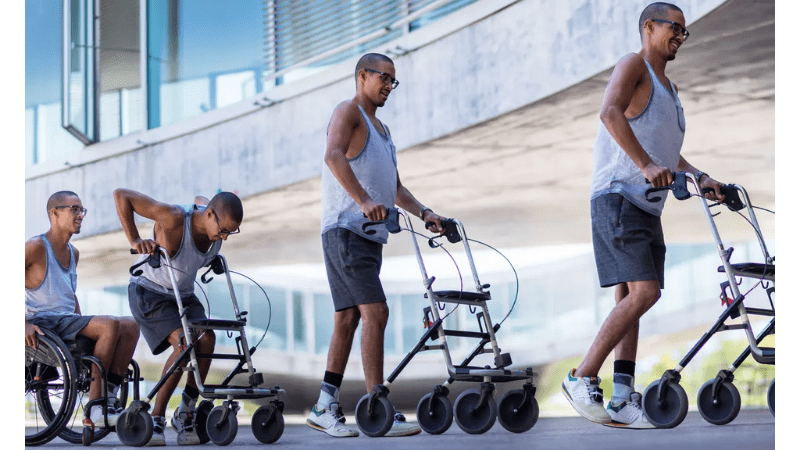
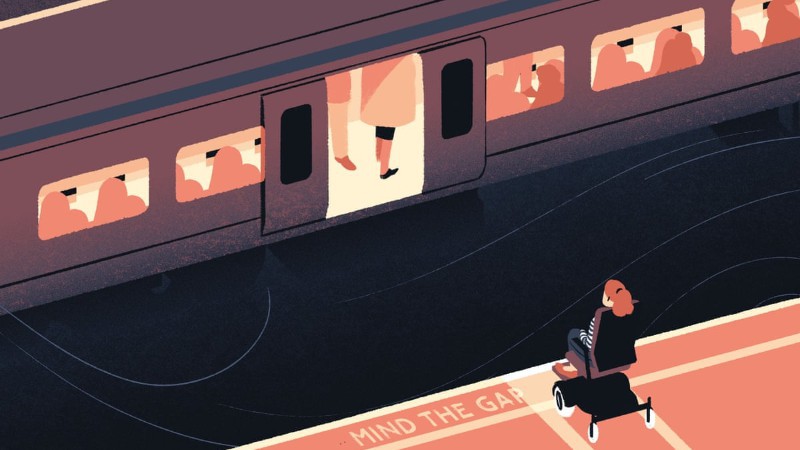
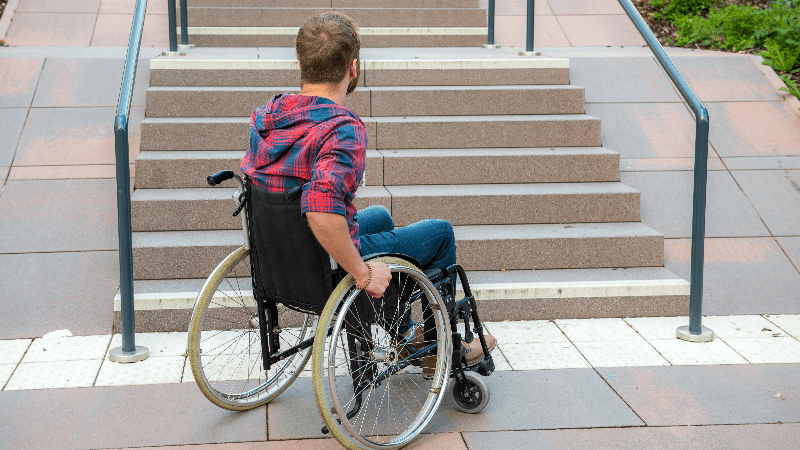
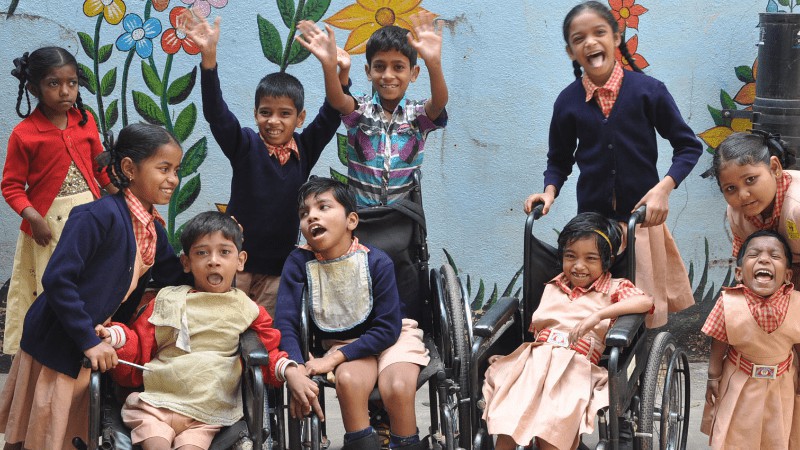

























Add Comment